
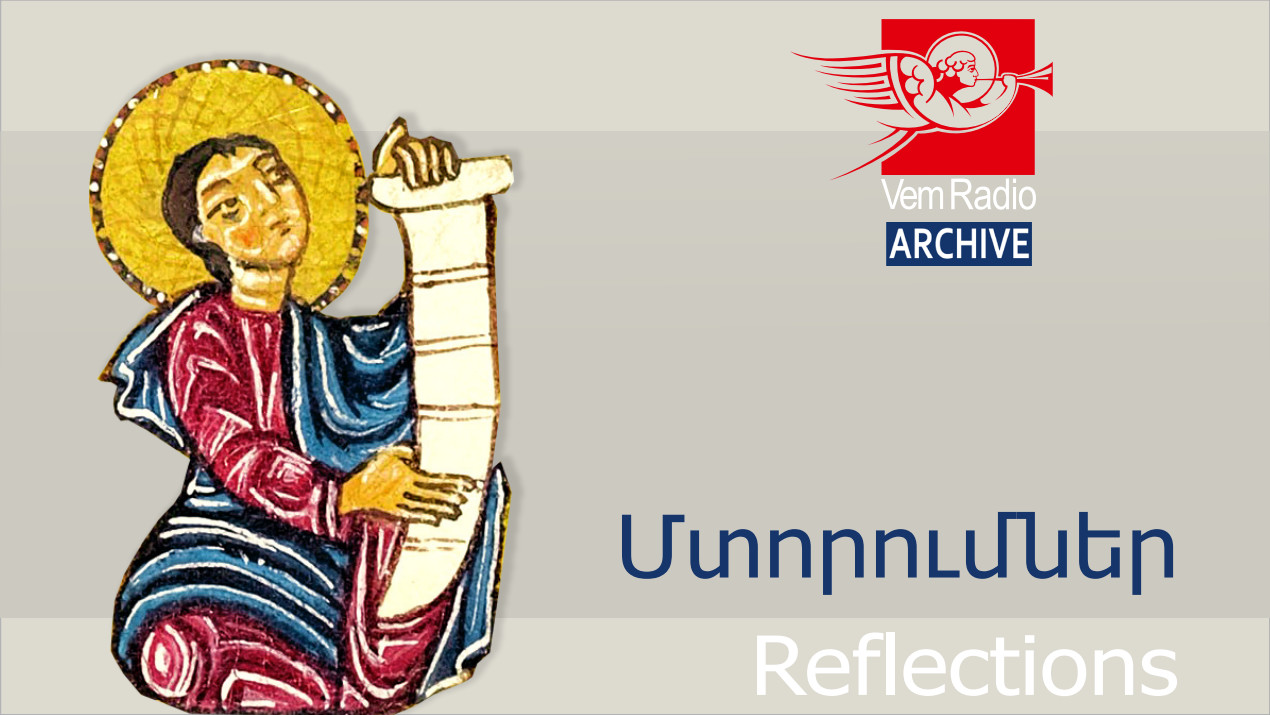
Reflections
Very often in our everyday life we, consciously or unconsciously, use ideas and expressions which are biblical, but do we know the meaning and significance of these invaluable words? Aren’t we using them inappropriately, out of place? The show “Reflections” touches upon these issues.

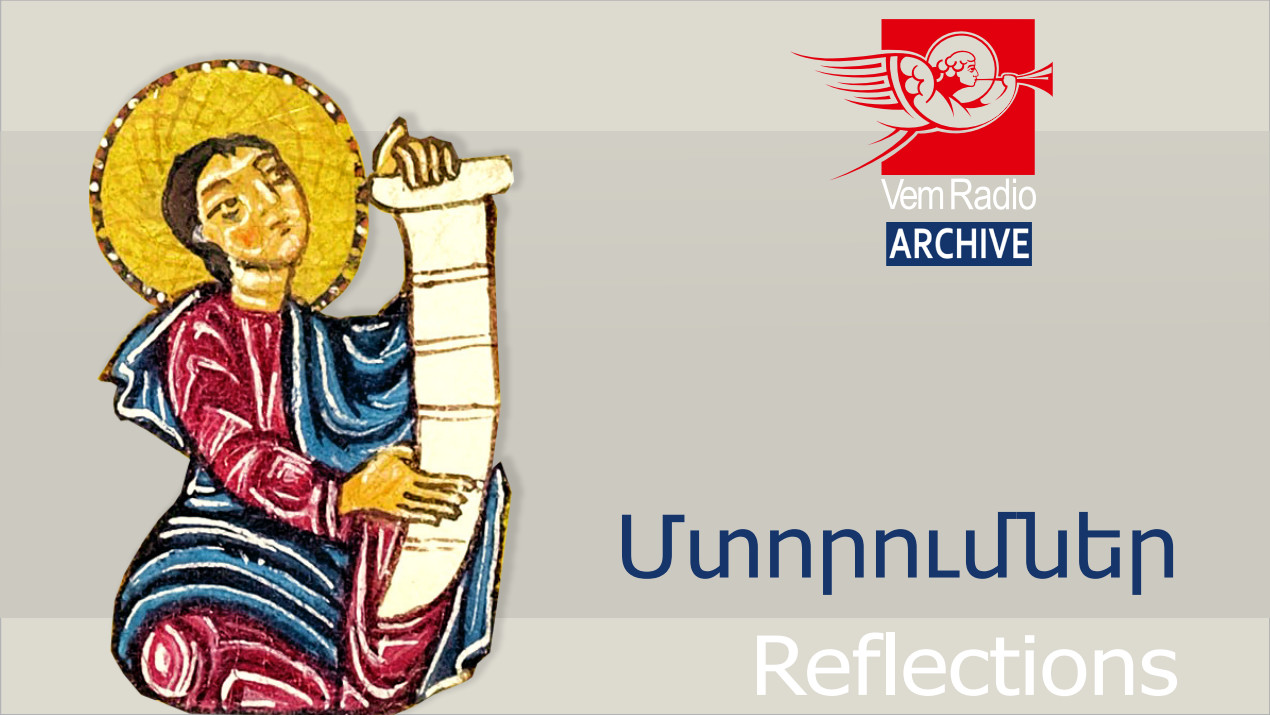
Repentant Magdalene
The source of this expression is the Bible and it is mostly used in the West. Jesus drove seven evil spirits out of a woman named Mary. After that she became a disciple of Christ and His faithful follower, and was present at His crucifixion and funeral. Mary Magdalene was one of the three women that bought incense and went to the tomb to anoint Christ's body with, and to whom the angel announced the good news of the resurrection. She was the first who saw resurrected Jesus. The word Magdalene indicates her birthplace Magdala.

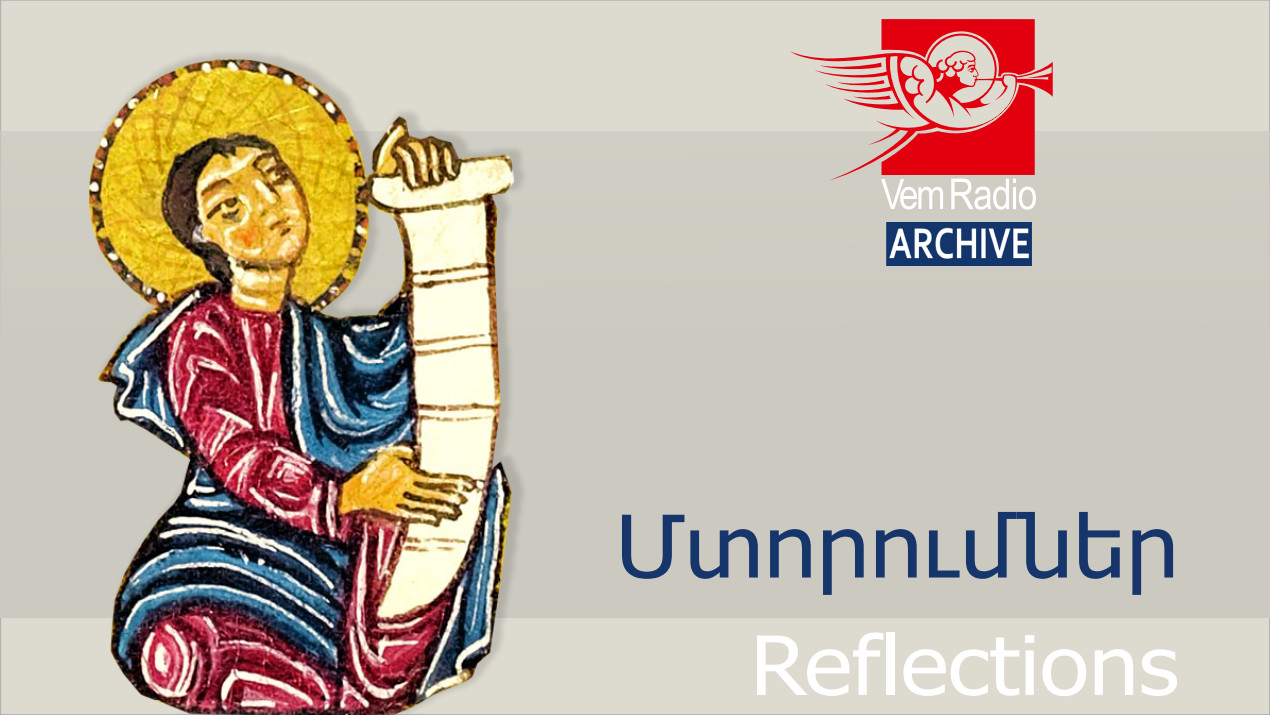
Let You Not Strike Your Foot Against a Stone
This expression is a wish for staying away from obstacles and barriers that one can meet while doing something. The "stumbling stone" is a such expression. “Don’t be afraid of what they fear. Don’t let them frighten you! If you shall trust in Him, He shall be to you for a sanctuary; and you shall not come against [Him] as against a stumbling stone, neither as against the falling of a rock" (Isa 8:14-LXX).

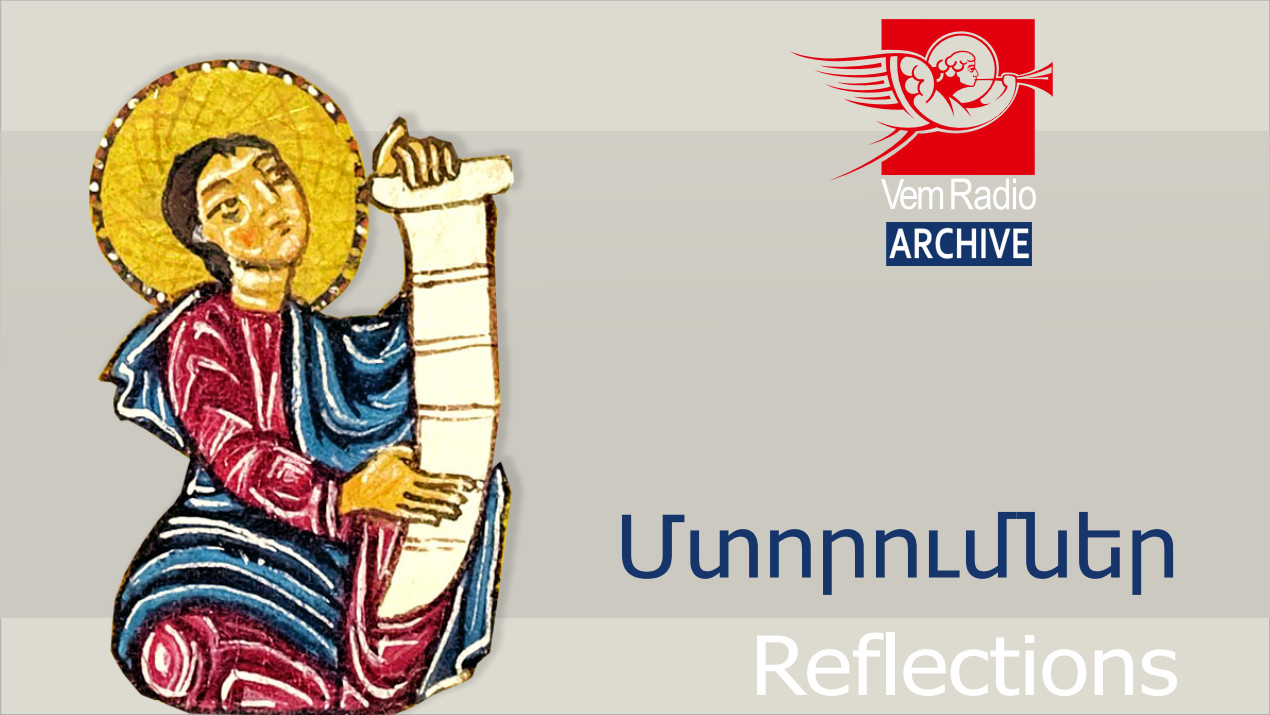
Manna from Heaven
This is taken from Exodus 16:13-15. When Pharaoh let the people go, God did not lead them to the Promised Land by the shortest way, but took the people roundabout with the way of desert to the Red Sea. After crossing the sea by a miracle, Moses took the Israelis to the desert. "The fifteenth day of the second month after they had departed from the land of Egypt, the whole congregation of the people of Israel grumbled against Moses and Aaron in the wilderness of Sin."

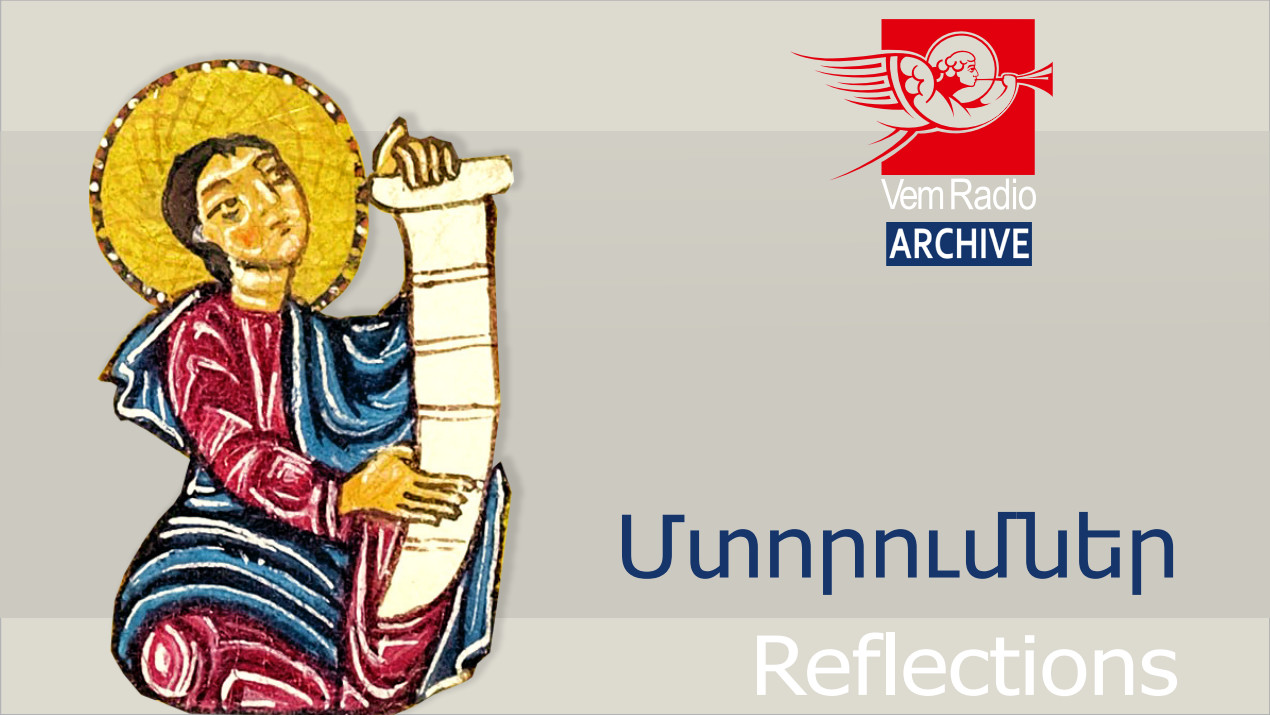
Apples of Mandrake
This phrase is taken from Genesis 30:14-16. The mandrakes or love apples are the fruits of a plant from Nightshade family. They have small white or pink flowers, long roots, radish-like yellow apples. These plants can intoxicate with their odor. Superstition ascribed wonderful features to them. Because of that, people made drinks from them, which were believed to augment sexual desire and to promote procreation.

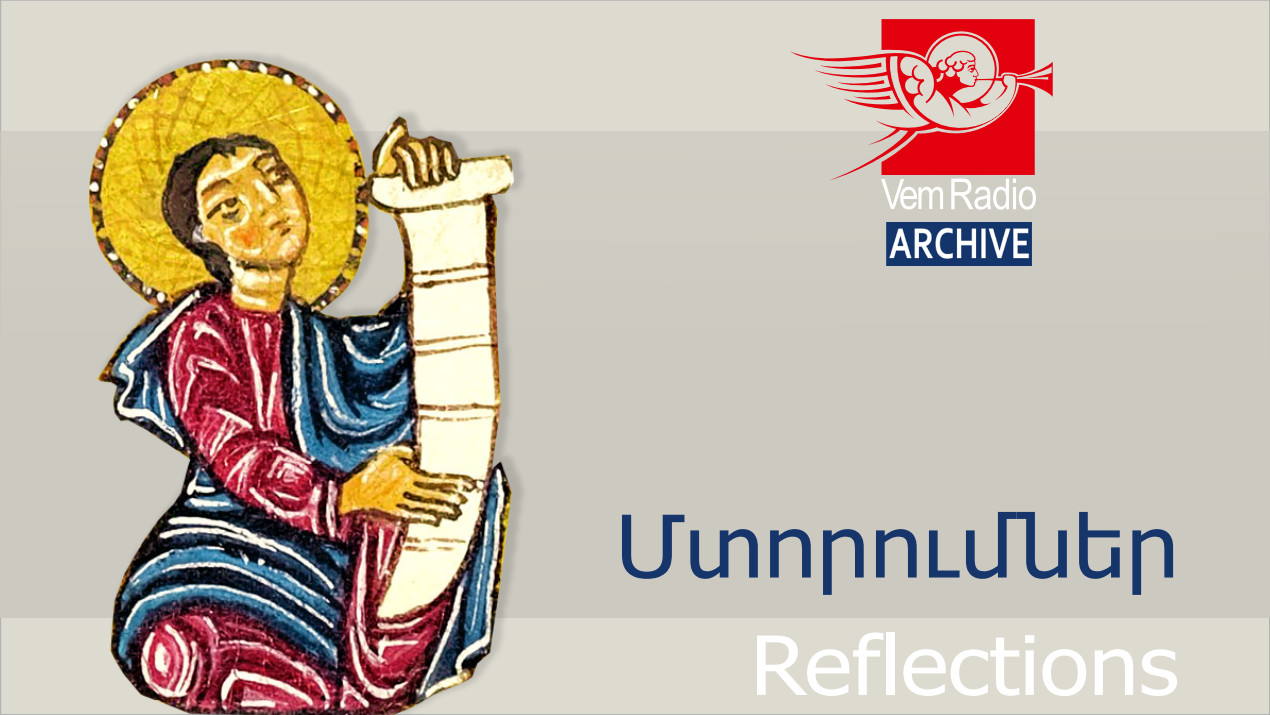
Caesar's to Caesar, and God's to God
This expression is used with the following meaning: let everybody be paid by their merit, degree and post. Chapter 22 of the Gospel of Matthew tells us that Jesus was teaching in the Temple. When the high priests, the teachers of the Law and the Pharisees heard the parables told by Christ, they understood that He meant them. They wanted to arrest Him immediately, but it was an inconvenient moment, as the people who surrounded Him loved Him. That's why they went on collecting testimonies against Him.

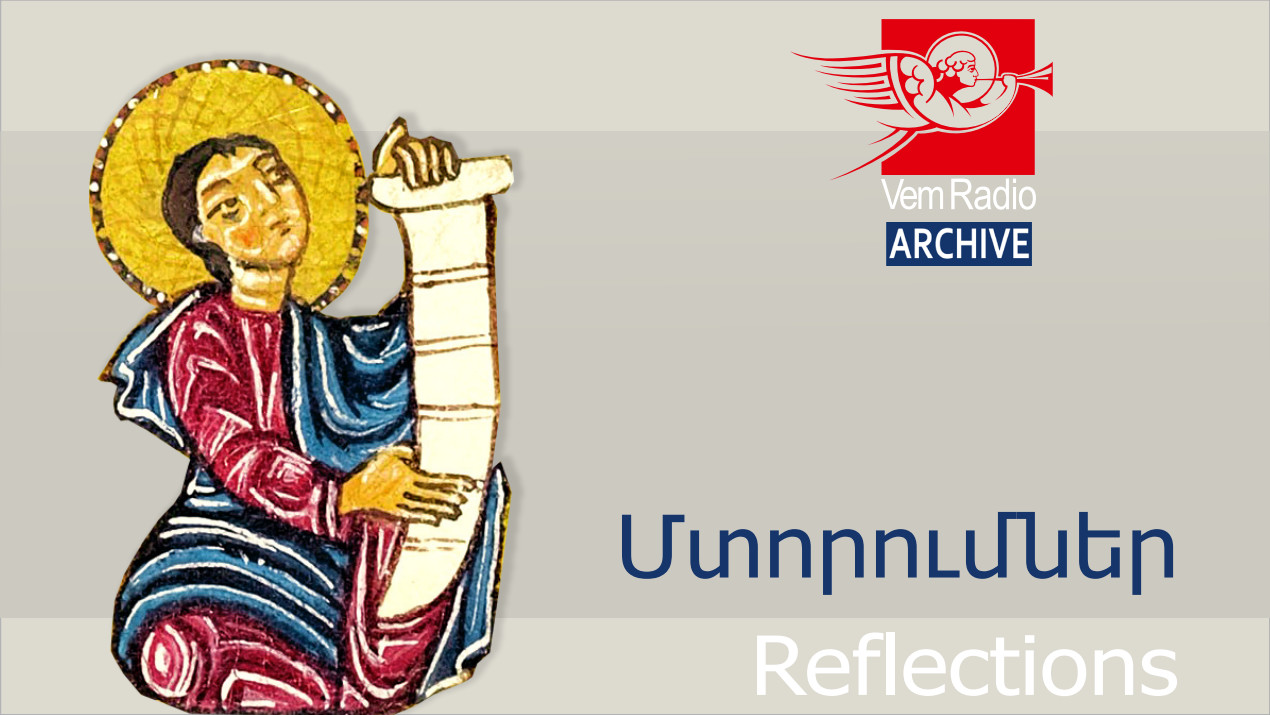
Doubting Thomas
This is based on John 20:24-29. In everyday life we use this expression to call a person, who it is very difficult to convince to believe in something. Thomas was one of the twelve apostles. The Gospel of John points out three features of his character. In Chapter 14, Jesus offers the followers to go back to Judea, but they remind Him that He would be under threat there. Nevertheless, Thomas was ready to follow his Teacher to death. In John 11:5 he hesitates how the followers can know the way, not knowing where Jesus goes, and says: “Lord, we don’t know where you are going, so how can we know the way?” In Chapter 20, learning about the resurrection of Christ and His visit to the followers, Thomas requires tangible proofs to be able to believe in the improbable, that is, he wants to see the living Christ, whose crucified image was nailed in Thomas' heart and mind.

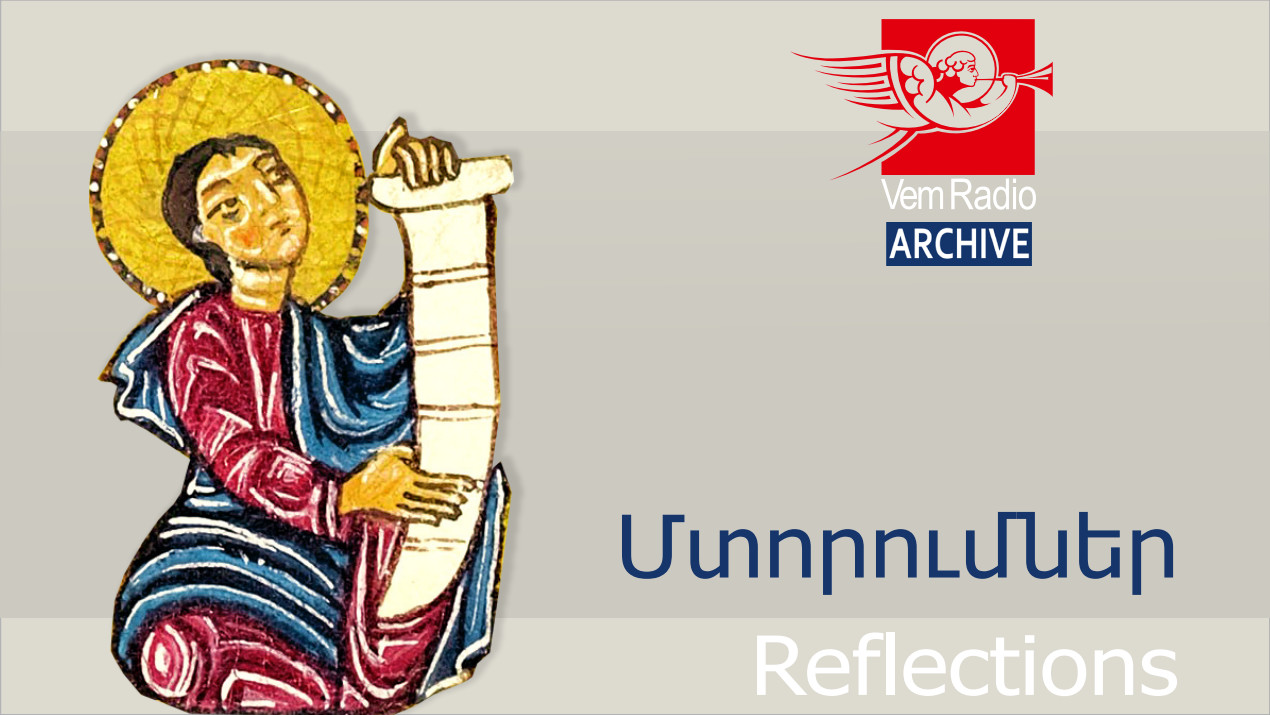
Good Samaritan
This expression is taken from Luke's Gospel, Chapter 10, where the experts in the Law of Moses, trying to test Jesus, ask Him how to inherit eternal life. Following Jewish traditions and habits, Jesus reminds of the Law of Moses. How can the essence of the Law be formulated very briefly? And the expert in the Law answers, “You shall love the Lord your God with all your heart and with all your soul and with all your strength and with all your mind, and your neighbor as yourself.” Jesus considers the answer as correct, and says that if that man does so, he will live.

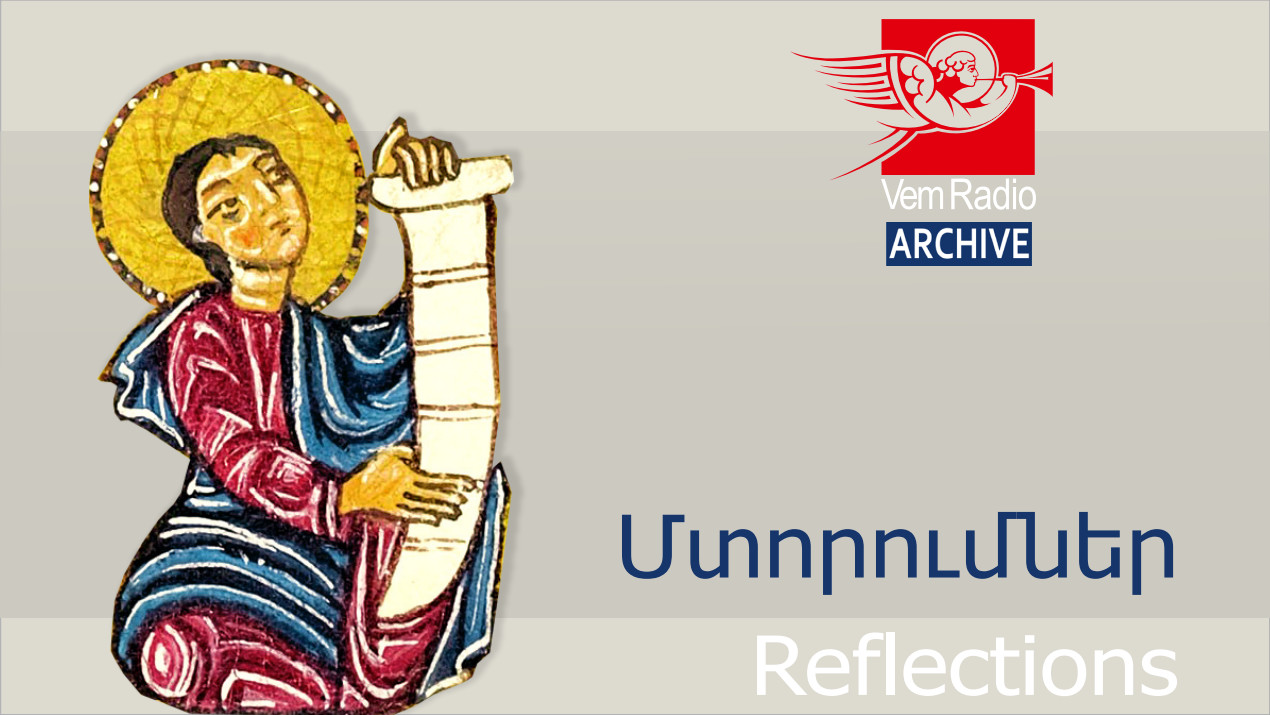
Scapegoat
In everyday life, this word is used with the meaning of a person who is blamed for others' sins, a person, who is responsible for the faults of others. This word is taken from Leviticus 16. After presenting private cleaning rituals, the Bible presents the common ritual of the Day of Atonement. Here, all the guidelines of the previous chapters concerning the sacrifices and responsibilities of priests, as well as testimonies and treatment of uncleanliness reach their peak.

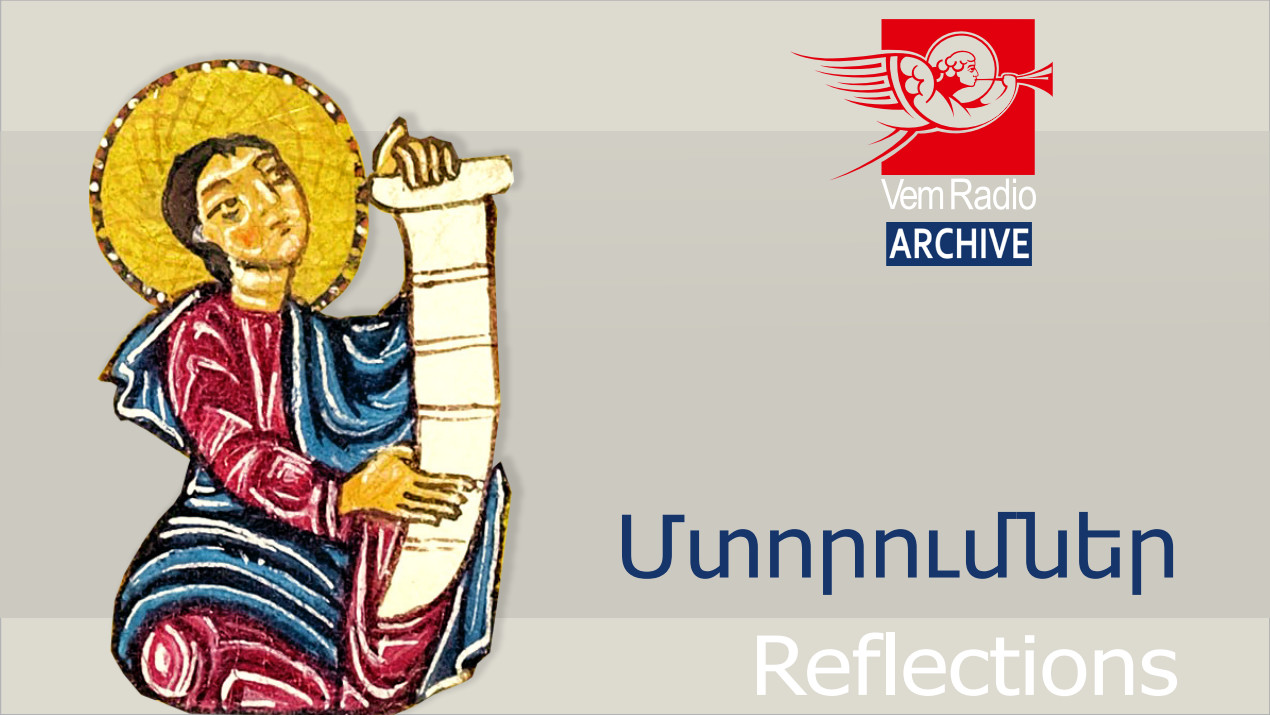
Sins of Childhood and Immaturity
This expression is used in everyday life with the following meaning: mistakes and delusions of the youth, which are difficult to condemn because they were done thoughtlessly, at young age. It is taken from David's Psalm 24, which is a prayer of a sorrowful day. In the Hebrew original text, it is an incomplete acrostic prayer.

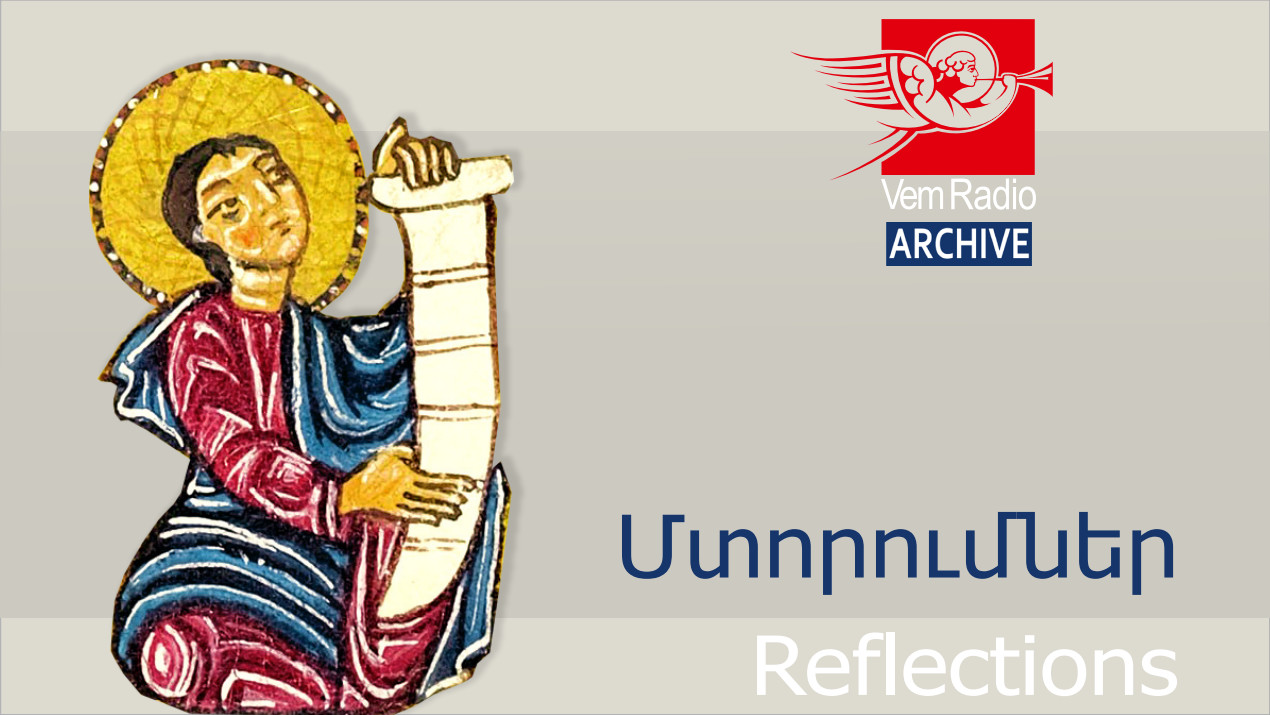
Year of Jubilee
This expression means an anniversary of any event or of somebody's life, of a business or an institution, of a city. More specifically, the jubilee means the fiftieth anniversary. This expression is taken from the Book of Leviticus, Chapter 25, where the Lord speaks to Moses, saying, "You shall count seven weeks of years, seven times seven years, so that the time of the seven weeks of years shall give you forty-nine years. Then you shall sound the loud trumpet on the tenth day of the seventh month. That fiftieth year shall be a jubilee for you."

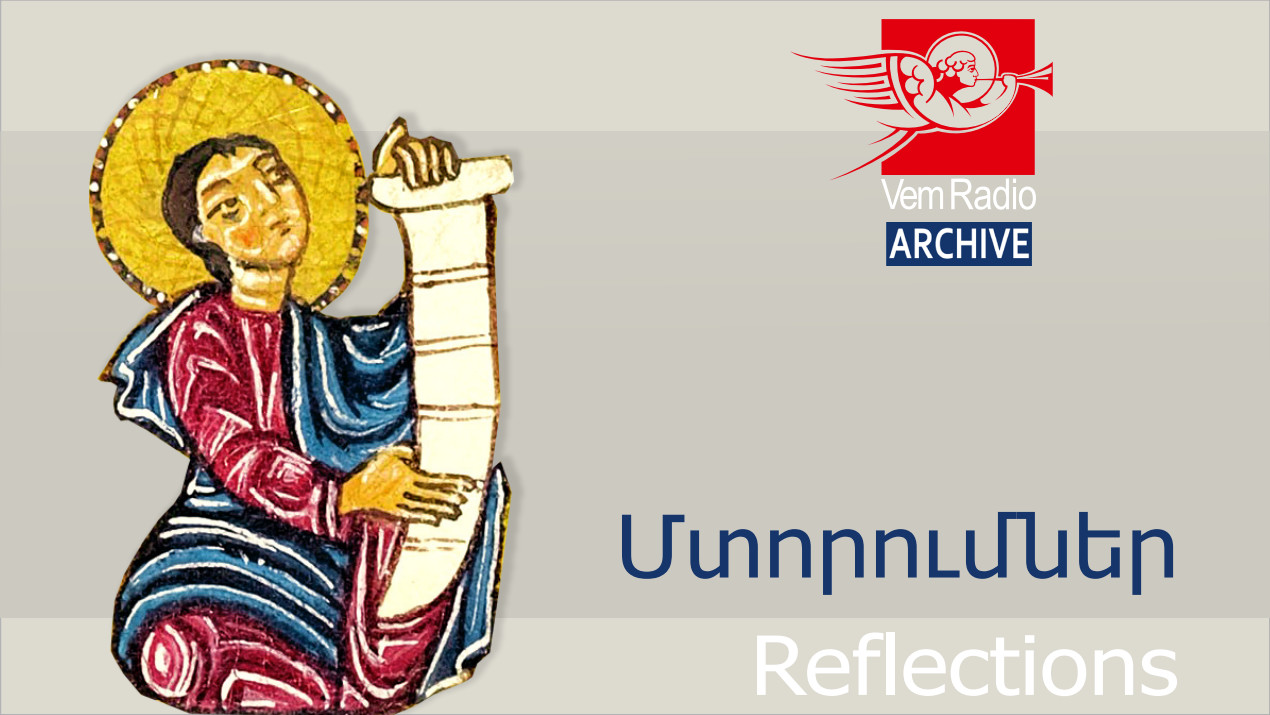
A Live Dog is Better off than a Dead Lion
This expression is used with the following meaning: it is much better to be whole and healthy and live among others staying unnoticed, rather than to be in the center of everybody's attention but be dead. Also, it's better to have small but real results than big plans and ideas that will stay unrealized. The expression is taken from Ecclesiastes 9:4.

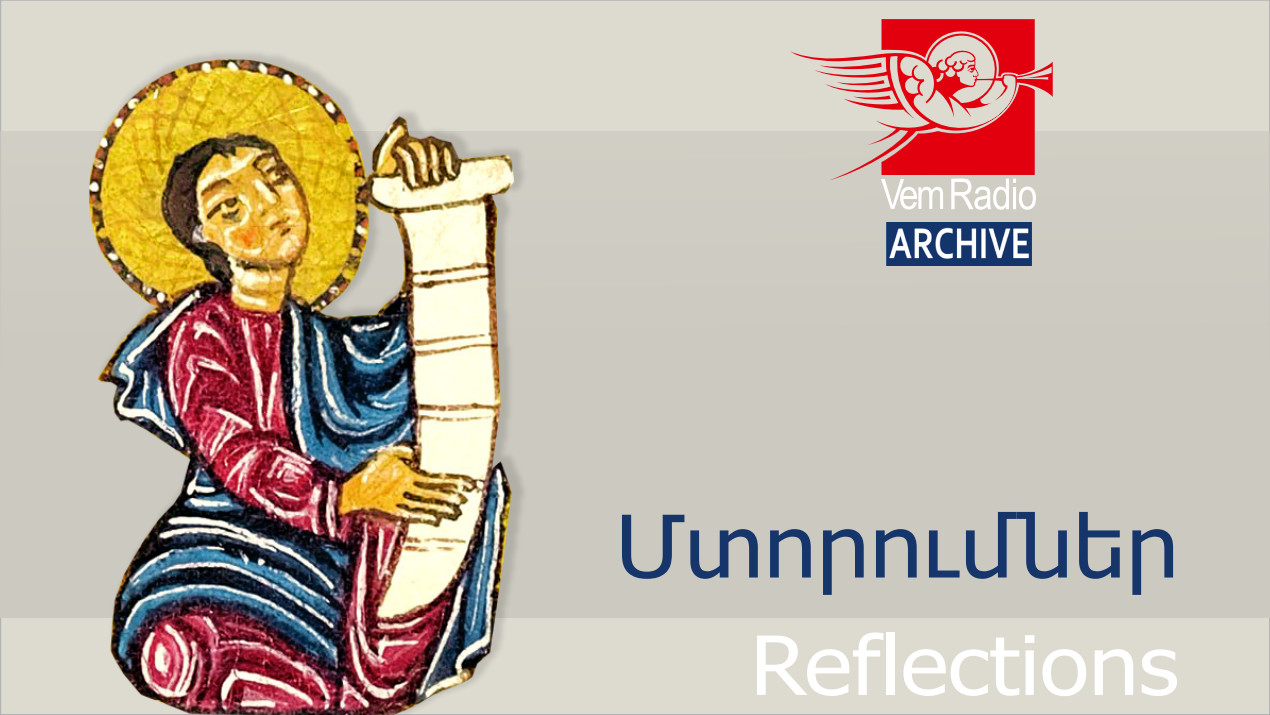
Gog and Magog
These names are used when speaking about something terrible, dreadful. They are also used when speaking about the powers contrary to the commandments of God, as well as about a powerful, influential, strong person. In the Book of Revelation, Chapter 20, the millennial kingdom of Christ is described very briefly. Nothing is told about the life conditions during these thousand years; it speaks only about the people who will rule at that time.

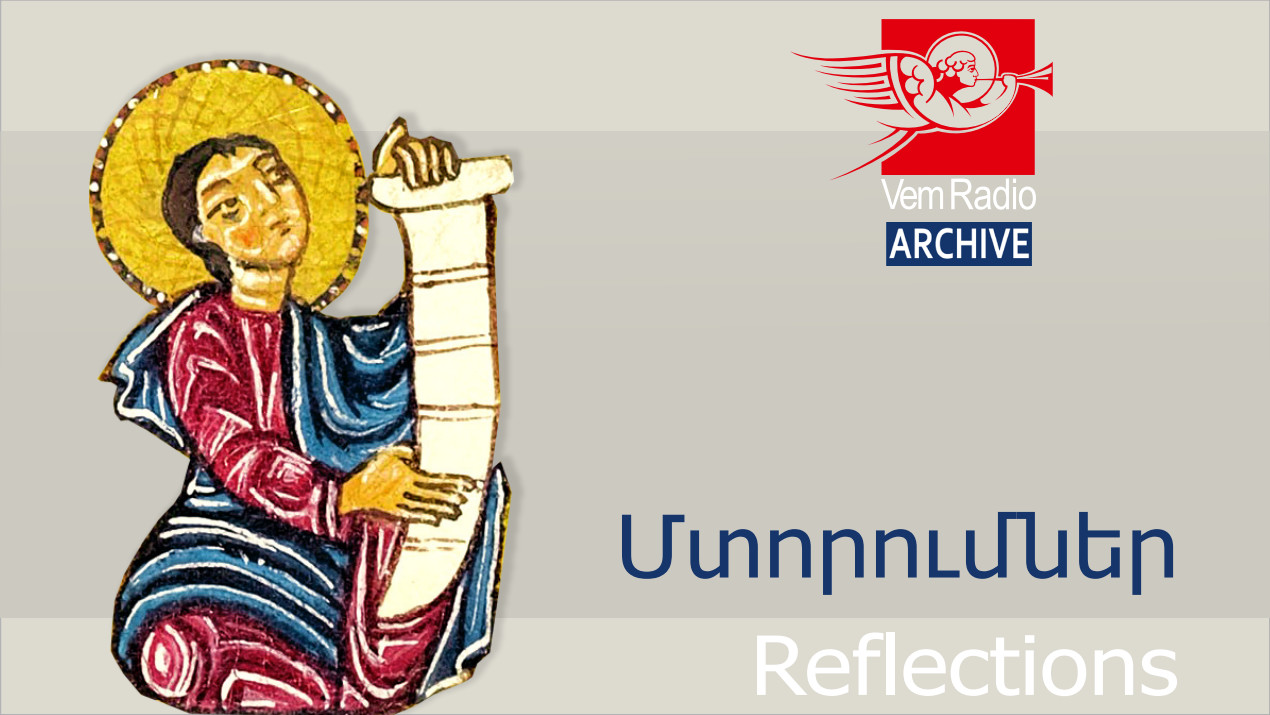
In the Beginning was the Word
This expression used in everyday life is taken from the Gospel of John. Unlike the other three Gospels, this Gospel does not start with the story of Jesus Christ's earthly life. The reader is immediately introduced to the Word (in Greek, Logos), which is not identified with Jesus until the end of the mentioned Gospel's prologue, verse 1:18. It is extremely important to consider the concept of the Word as a key to perceive the Gospel of John. The concept of the Word was widely used in Greek literature. The Stoics used it to describe the principles of Divine intellect, which directed the natural development of the creation process.

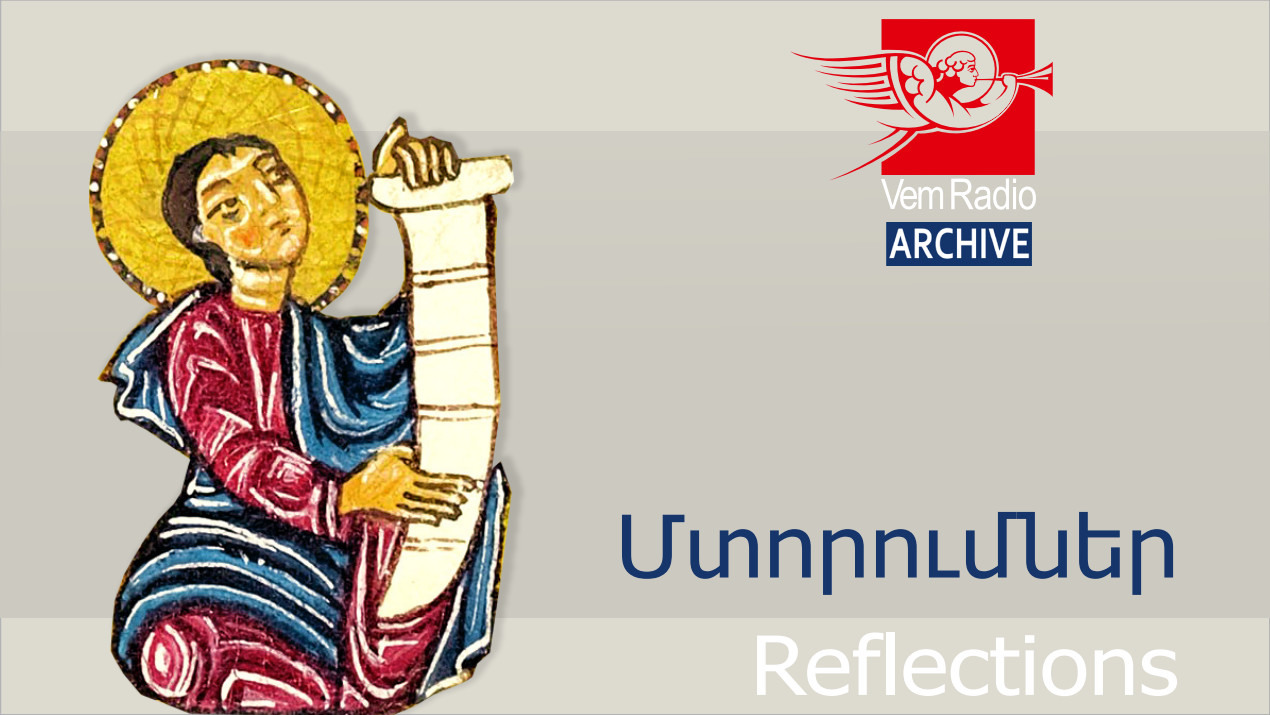
Egyptian Darkness, Egyptian Punishment
The expression "Egyptian darkness" is used with the meaning of perfect darkness, invisibility, while "Egyptian punishment" means cruel, destructive disasters, unbearable, hard condition, miseries. The Book of Exodus gives a significant importance to the signs and miracles that took place in Egypt during the departure of Israelites. They are often called Ten Blows or Ten Punishments.

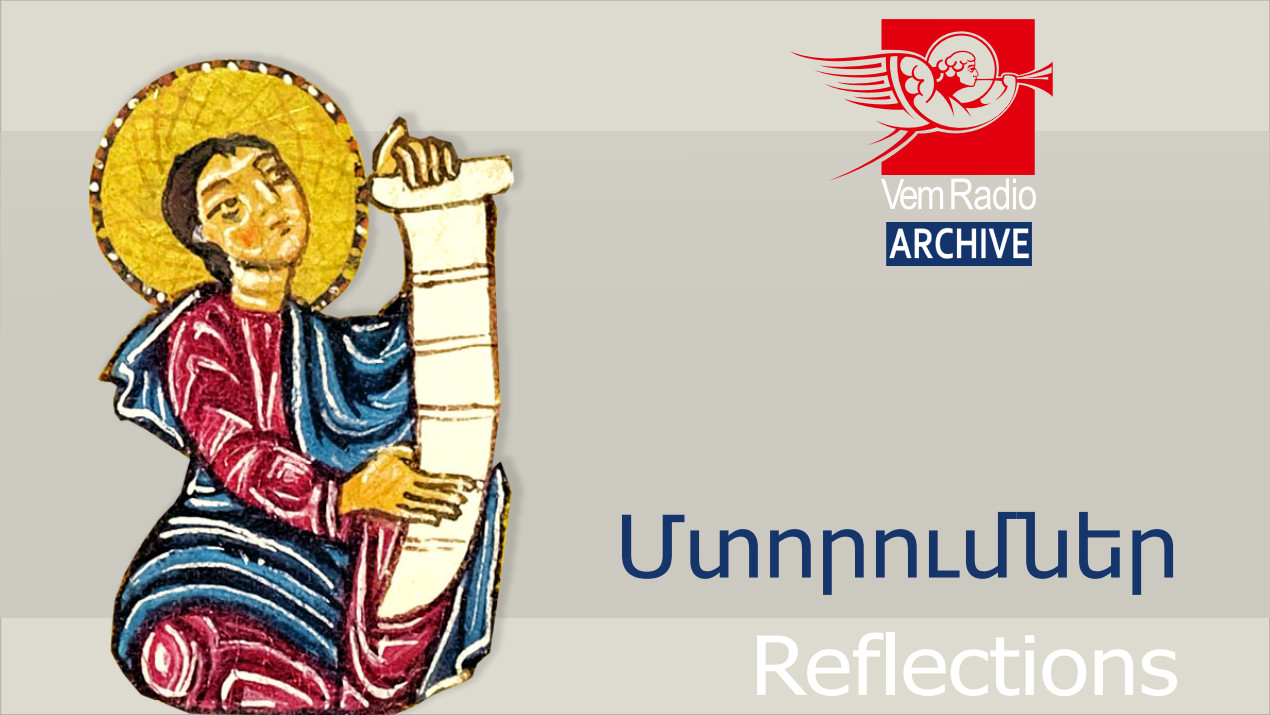
Egyptian Labor
This expression has the meaning of hard, slavery, backbreaking labor. In Chapter 1 of the Book of Exodus, we read: "And the Egyptians made the children of Israel to serve with rigor: And they made their lives bitter with hard bondage, in mortar, and in brick, and in all manner of service in the field: all their service, wherein they made them serve, was with rigor." The encounter between Egypt and God's people backs in time to the days of Abraham who went down into Egypt to live as a foreigner there, in the years of famine.

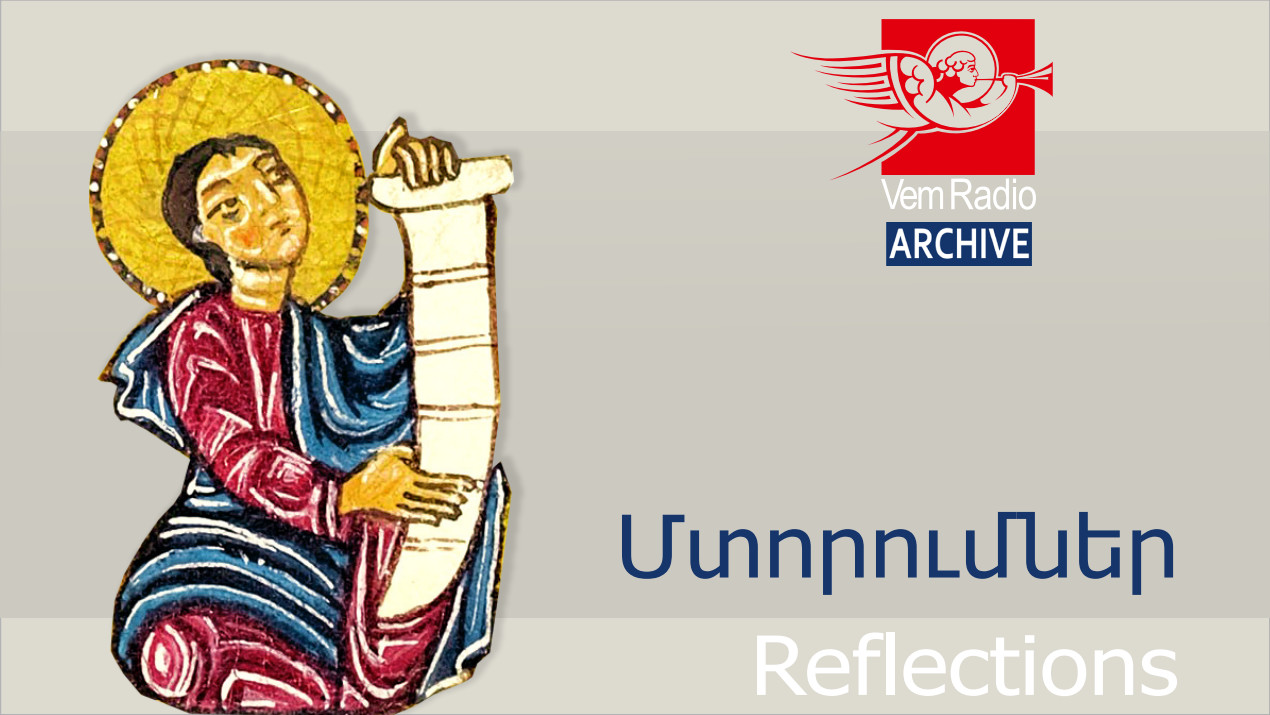
To Throw a Stone
This expression means to stone, to throw mud on someone, to blame somebody, to decry, to deprecate. Its "stone on his head" version is also used. In the 8th chapter of his Gospel, Apostle John tells that Jesus taught in the temple all day long and in the evening He went to the Mount of Olives to overnight.